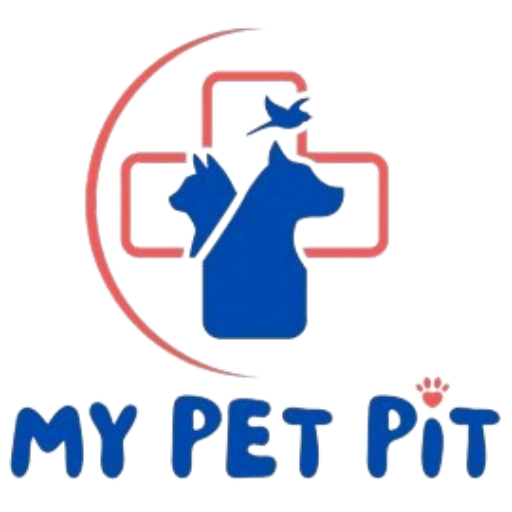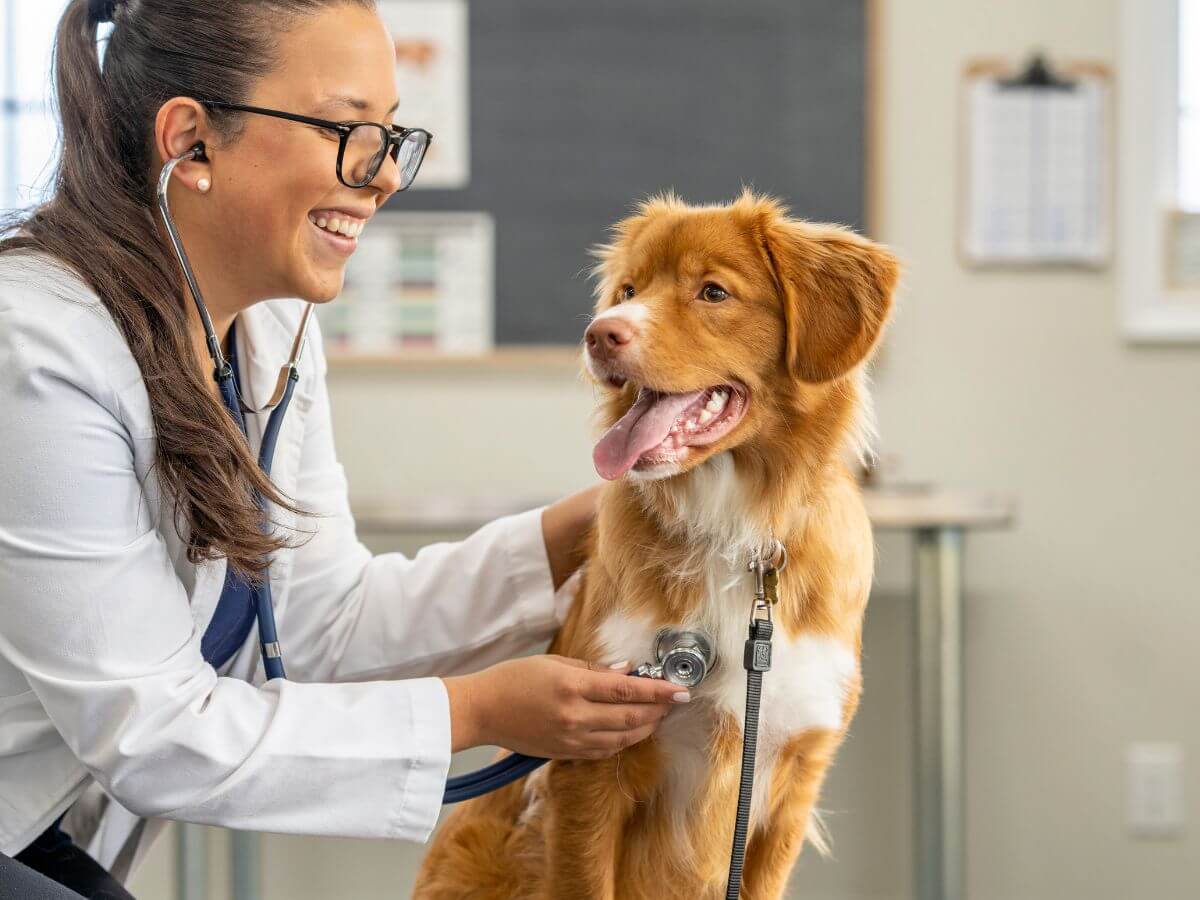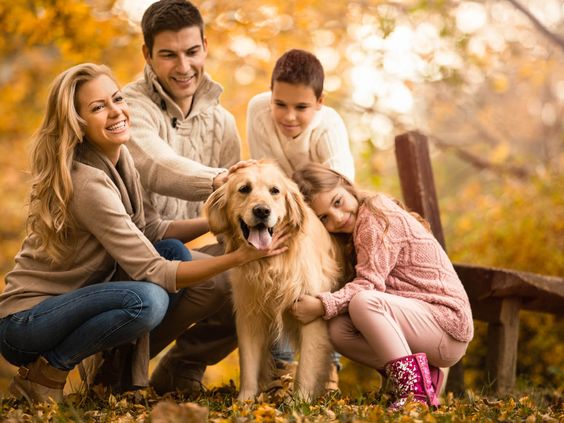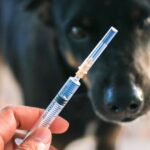Now Reading: Facts About Canine Parvo Virus You Must Know in 2024
- 01
Facts About Canine Parvo Virus You Must Know in 2024
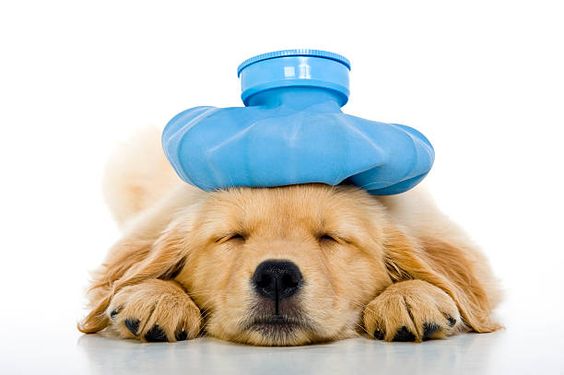
Facts About Canine Parvo Virus You Must Know in 2024
Overview
Canine parvo virus infection is a highly contagious illness in dogs. Canine parvovirus type 2 (CPV-2) is responsible for this disease. There are several strains of CPV-2, all of which produce similar signs. In dogs, the disease is commonly referred to as “parvo.” The virus attacks white blood cells, the gastrointestinal tract of dogs, and other canids, such as coyotes, wolves, and foxes. In puppies, the virus can also damage the heart muscle.

High-Risk Dogs for Canine Parvo Virus: Is Your Pet Vulnerable?
All dogs are susceptible to canine parvovirus, though some are at greater risk than others. These include puppies between 6 and 20 weeks old, unvaccinated or incompletely vaccinated dogs, and certain breeds such as:
- Rottweilers
- Doberman pinschers
- Bull terrier breeds
- German shepherds
- English springer spaniels
What are the signs of canine parvo virus?
The signs of parvo canine infection vary depending on the severity. Key signs to watch for include:
- Lethargy
- Loss of appetite
- Vomiting
- Severe, often bloody, diarrhea
- Abdominal pain and bloating
- Fever or low body temperature (hypothermia)
Persistent vomiting and diarrhea can quickly cause dehydration, and damage to the intestines and immune system can lead to septic shock and death. It is usually within 48 to 72 hours after signs first appear.
How is the parvo canine virus spread?
- The virus spreads easily through direct contact with infected dogs, contact with their feces, or contact with virus-contaminated surfaces like
- Kennels
- food bowls
- Collars
- Leashes
- The hands and belongings of individuals who handle infected dogs.
- Contact between domestic dogs, feral dogs, and wild canids may also spread the disease.
- The virus is resistant to heat, cold, humidity, and drying, surviving in the environment for long periods. Even trace amounts of feces from an infected dog can contain the virus and infect others, making proper disinfection critical.
- Must isolate the dogs having this infection to minimize spread. Strict infection control protocols, including thorough cleaning and disinfection of areas where the dog has been, are essential. Your veterinarian can recommend measures to help prevent the virus from spreading at home and elsewhere.
How is canine parvo virus diagnosed and treated?
Your veterinarian may suspect parvo canine virus based on the signs your dog shows, its history, and other factors. Fecal testing can confirm the diagnosis.
Dogs with severe infections need emergency treatment and 24/7 monitoring. It often involves several days of hospitalization. Supportive care
- Corrects dehydration and physiological imbalances caused by vomiting and diarrhea
- Controls nausea and pain
- Keeps the dog war
- Prevents other infections
- Provides nutritional support.
Moreover, the professionals recommend additional treatments to fight the infection and combat diarrhea. This can be very expensive, and the dog may die despite treatment. Prompt, intensive care improves the chance of survival.
How can I safeguard my dog from Canine Parvo Disease?
Vaccination and maintaining good hygiene are essential to prevent canine parvovirus infection. Young puppies are especially vulnerable. If a mother dog has antibodies against parvovirus from vaccination, she may pass those antibodies to her puppies through her milk. However, this natural immunity may wear off before the puppies’ immune systems can fight off infection. The exposure of a puppy to the virus during this gap will make it ill. Maternal antibodies can also interfere with vaccination. Meaning occasionally even vaccinated puppies may become infected.

- Doctors recommend a series of vaccination to reduce gaps in immunity and provide the best protection
- The parvovirus vaccine, included in a combination vaccine (DAPP, DA2PP, or similar), is considered “core” and recommended for all dogs.
- Puppies younger than 16 weeks should receive their first dose between 6 and 8 weeks of age. Followed by two more doses 2-4 weeks apart.
- Dogs older than 16 weeks with no previous vaccination or unknown history should receive two doses 2-4 weeks apart.
- To maintain protection, we recommend a booster dose of the combination vaccine within one year after the initial series, then every three years. If your adult dog hasn’t been vaccinated or is overdue, it’s not too late.
Consult your veterinarian for a vaccination program tailored to your dog’s age and specific requirements.
Additional Preventive Measures
- Use caution when bringing puppies to places where dogs gather until the initial vaccination series is complete. The red alert places for unvaccinated dogs include pet shops, parks, puppy classes, doggy daycares, kennels, and groomers.
- Choosing establishments and training programs that require up-to-date vaccinations, health examinations, good hygiene, and isolation of sick dogs.
- Keeping your dog away from other dogs when sick, including other dogs within your home.
- Avoiding contact with known infected dogs and their premises.
- Keeping your dog away from other dogs’ feces.
- Routinely collecting and properly disposing of your dog’s feces.
- Washing your hands and changing clothes before handling other dogs if you’ve been in contact with dogs exposed to parvovirus.
By following these guidelines, you can help protect your dog from canine parvovirus and other infectious agents.
Frequently Asked Questions:
What are the signs of parvo in dogs?
Symptoms of parvo in dogs can include vomiting, diarrhea (often bloody), loss of appetite, fever, and dehydration. In severe cases, the virus can also cause damage to the heart muscle, leading to cardiovascular problems.
Can older dogs get canine parvo virus?
Yes, older dogs can contract canine parvovirus, though it is more common in puppies. Symptoms and severity of canine parvo in older dogs can vary, so prompt veterinary care is essential.
Is Canine Parvo Virus Preventable?
The best way to prevent this disease is to follow a proper vaccination schedule. Puppies should be vaccinated at about 6-8 weeks of age, followed by booster shots as recommended by a veterinarian. It’s also essential to keep your dog away from potentially infected animals and to avoid exposing them to areas where infected dogs may have been.
What is the prognosis for dogs with parvo?
The prognosis for dogs with parvo can vary depending on the severity of the disease, as well as the overall health and age of the dog. Some dogs may recover with treatment, while others may die or require euthanasia if the disease progresses to severe complications.
Can Canine parvo be transmitted to humans?
CPV is a canine-specific virus and it does not affect humans. So, it can not infect the humans directly. however, it can be spread to other dogs through shoes, clothing, or other objects that have come into contact with an infected dog’s feces.
